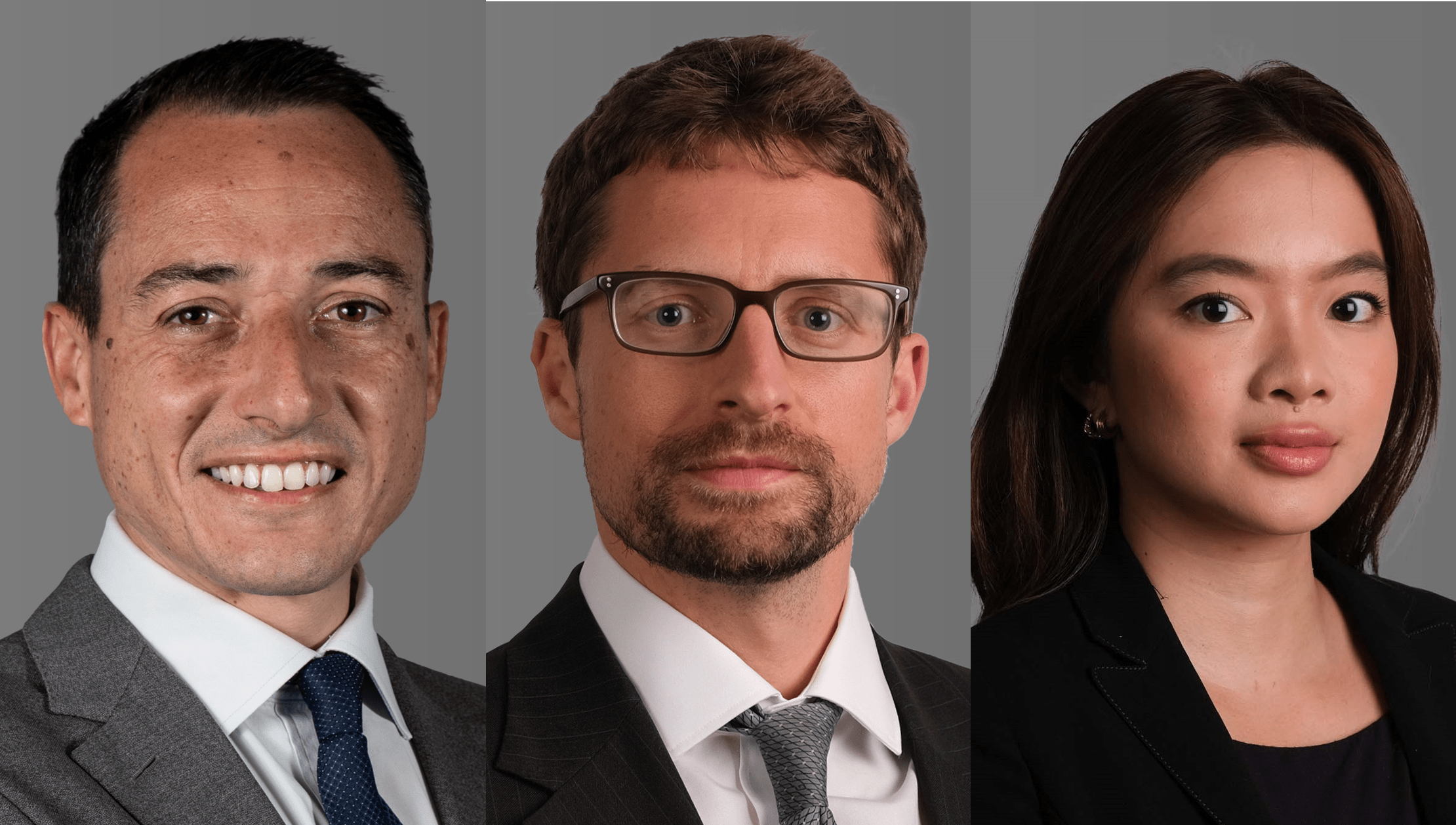
Sebastian Said, together with Nico Leslie and Nathalie Koh (instructed by Applebys (Cayman) Ltd), acted successfully for the Fourth and Sixth Defendants in securing summary judgment further to a heavily contested series of applications concerning the proper construction of the Cayman Islands’ Exempted Limited Partnership Law, the law governing the operation of the Cayman partnership structure in which a substantial volume of global private equity and hedge fund investments are held. Specifically, the applications concerned the right of limited partners to gain access to detailed partnership information from the general partner even after a dispute has arisen.
The claims against the Fourth and Sixth Defendants stem from the collapse of the Abraaj Group, the largest private equity firm in the Middle East with an estimated US$14 billion assets under management and one of the most high-profile insolvencies in the region. The manager of the Neoma Private Equity Fund LP (NPEF IV) (an investment fund in the Abraaj Group) issued proceedings against the Defendant Limited Partners (LPs) (including the Fourth and Sixth Defendants) seeking declarations as to its calculation of their opening capital account balances, representing the limited partners’ claims to the assets of the fund. The manager assessed those balances as being paid up to only a fraction of their notional value because it had not found evidence of payment. The discrepancies were very significant, with the Fourth and Sixth Defendants alone having commitments of US$98 million to the Fund in respect of which the manager assessed total payments at nil.
However, the position was complicated by the fact that a major fraud had been perpetrated on the Abraaj Group such that the Fund’s accounting and other records were incomplete. The discovery of that fraud led to the indictment or conviction of several of the Group’s senior executives in the United States. Given that position, the Defendant LPs argued that the manager had commenced the proceedings prematurely because further information and documents were required to conduct proper investigations into the capital account balances, including by way of requests of the manager and general partner of NPEF IV under section 22 of the Exempted Limited Partnership Act. Section 22 entitles LPs to demand and receive “true and full information regarding the state of the business and financial condition of the exempted limited partnership”. Accordingly, the Defendant LPs filed defences and counterclaims seeking inter alia relief under section 22 against the manager and general partner. The First Defendant (represented by leading counsel and Walkers (Cayman) Ltd), and the Fourth and Sixth Defendants then brought summary judgement applications in respect of their section 22 counterclaims against the manager and general partner. The manager and general partner (represented by leading counsel and Quinn Emmanuel Urquhart & Sullivan LLP in London, as well as by KSG Attorneys in the Cayman Islands) issued their own counter-application, arguing that the counterclaims were misconceived and that they were under no duty to provide further information or documents to the limited partners.
After a two-day hearing, Hon. Justice Raj Parker (sitting in the Grand Court of the Cayman Islands) handed down judgment on 10 March 2023 granting summary judgment on every aspect of the relief sought under section 22.
The Judge rejected the manager and general partner’s characterisation of the s.22 right, and their arguments that the documents which the limited partners were seeking under section 22 were unnecessary, excessively onerous or would in any event be provided in any event at the discovery stage of proceedings such that they had a complete defence to the counterclaims. He held, importantly, that section 22 right is a substantive legal right, not a procedural right. The judgment confirms that section 22 is broader than discovery in that (i) it requires production of “true and full information”, not just documents; (ii) discovery is limited to documents which are or have been in the party’s possession, custody or power, whereas section 22 extends to making requests of third parties; and (iii) discovery is restricted to matters in issue in the action. Accordingly, section 22 exists independently of and in addition to the procedural rights afforded to the parties under the relevant court rules in the context of discovery.
The judgment also confirms the LPs’ broad entitlement under section 22. In particular, the Judge clarified that LPs are entitled to see the underlying or primary documents from which the books and records of the partnership would have been prepared (including those which establish the existence of assets or liabilities), as well as the underlying information relied upon in any assessment formed by the general partner. If the material requested does not exist, the general partner should, in such circumstances, explain what searches have been conducted and why it is not possible to retrieve or find the relevant information. It is no defence to a section 22 claim for the general partner to say that the partnership would expend significant time and resources answering the requests of LPs under section 22.
The full judgment can be found here and a detailed article by Appleby (Cayman) Ltd on the significance of the decision can be found here.





